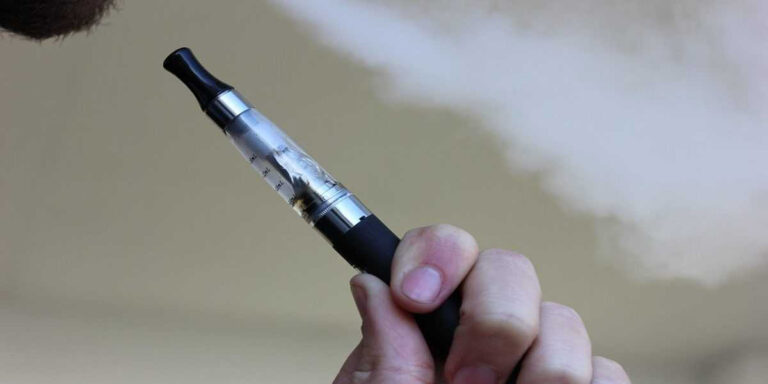Italy’s regulatory landscape for e-cigarettes is becoming increasingly stringent. On June 26, 2024, the Italian Customs and Monopolies Agency (Agenzia delle dogane e monopoli) announced the addition of 8 new websites to its list of banned sites, raising the total to 861. These bans primarily target non-compliant sales of tobacco products, including e-cigarettes and inhalation liquids. Businesses have until July 9 to adjust their website content to comply with the new regulations.
Overview of the Recent Website Ban
The Italian Customs and Monopolies Agency has intensified its crackdown on websites selling non-compliant tobacco products.
Key Points:
- Total Banned Sites: The total number of banned websites has now reached 861.
- Targeted Products: The bans focus on online stores selling ready-to-use liquids, disposable e-cigarettes, and other non-compliant products.
- Compliance Deadline: Affected businesses must update their website content by July 9 to avoid being banned.
Regulatory Compliance for E-Cigarette Retailers
Retailers and manufacturers must adapt swiftly to the new regulations. Compliance involves removing non-compliant products and adjusting promotional strategies to meet the updated standards.
Steps for Compliance:
- Remove Non-Compliant Products: Ensure that ready-to-use liquids and disposable e-cigarettes are no longer listed on the website.
- Update Website Content: Adjust promotional materials to align with the new rules, focusing on technical characteristics without subjective comments.
Impact of the Turin Court Ruling
The recent ruling from the Turin Court has imposed additional restrictions on how e-cigarette products can be marketed and displayed. These regulations aim to reduce the appeal of e-cigarettes through commercial promotions.
New Marketing Restrictions:
- No Commercial Offers: E-cigarette products cannot be promoted through special offers or discounts.
- Prohibition on Flyers and Posters: Retailers are not allowed to use flyers or in-store posters to advertise e-cigarette products.
- Objective Display Only: Retailers can display technical characteristics and flavors but must avoid any language that could attract consumer attention.
Reactions from Various Stakeholders
The regulatory changes have elicited varied responses from different stakeholders within the e-cigarette industry.
Support: Some public health advocates support the tighter regulations, believing they will help curb youth access and reduce nicotine addiction rates.
Opposition: Retailers and online vendors express concerns over the restrictive nature of the regulations, arguing that it limits their ability to market products effectively.
FAQs
What is the compliance deadline for businesses?
Affected businesses must update their website content by July 9 to avoid being banned.
What restrictions did the Turin Court impose on e-cigarette marketing?
The Turin Court ruling prohibits the promotion of e-cigarette products through commercial offers, flyers, or in-store posters.
Can retailers display e-cigarette product information?
Yes, retailers can display technical characteristics and flavors but must avoid subjective comments or promotional language.


















